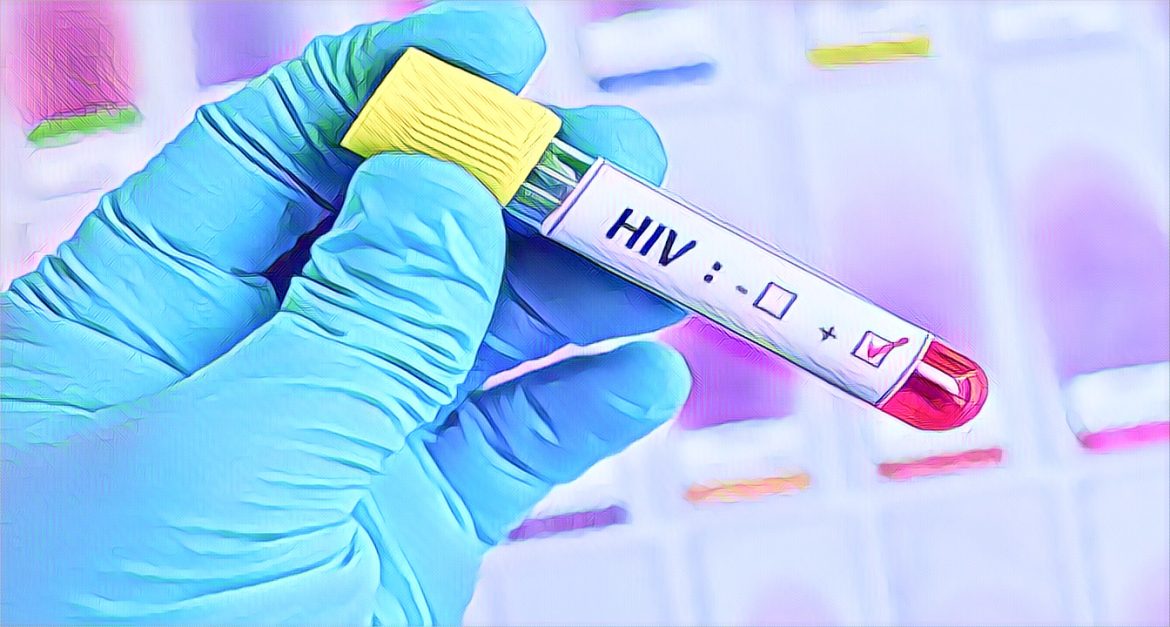In Abuja, a gathering of key players in the HIV response sector reached a consensus: With appropriate treatment, HIV, the virus leading to Acquired Immunodeficiency Syndrome (AIDS), is no longer a death sentence but a manageable chronic condition.
The United States President’s Emergency Plan for AIDS Relief (PEPFAR) and the Henry Jackson Foundation Medical Research International (HJFMRI) Ltd recently organized a collaborative workshop. Partnering with Journalists Against AIDS (JAAIDS) Nigeria and Living Health International, they focused on assessing communication gaps and opportunities for the HIV response in Nigeria.
Stakeholders from various sectors gathered to discuss and deliberate on this critical issue. They celebrated the nation’s progress towards achieving undetectable HIV levels using antiretroviral therapy, thereby making the virus untransmittable.
Pre-Exposure Prophylaxis (PrEP) and Post-Exposure Prophylaxis (PEP) were highlighted as effective strategies for preventing HIV infections, even in high-risk scenarios.
Participants, including journalists, academics, and religious leaders, remained hopeful that addressing identified gaps would allow Nigeria to meet the ambitious 95-95 targets of the Joint United Nations Programme on HIV and AIDS (UNAIDS) by 2030. These goals focus on diagnosing 95% of all HIV-positive individuals, providing antiretroviral therapy for 95% of those diagnosed, and achieving viral suppression for 95% of those treated.
Dr. Murphy Akpu, UNAIDS Advisor on Science Systems and Services, underscored the transformation of HIV treatment since 1996 from a terminal illness to a chronic disease thanks to ART. He emphasized the significance of U=U (undetectable equals untransmittable), explaining that consistent medication can suppress the virus to undetectable levels, eliminating the risk of transmission. Furthermore, PrEP, introduced in 2012, has proven highly effective in preventing infection when taken daily.
According to a report by The Guardian, the discussion also touched on the need to re-engage with the media and the public to dispel myths and update the narrative around HIV, especially given the advances in treatment over the last two decades.
Dr. Gbenga Adebayo of Living Health International emphasized the importance of crafting messages to de-stigmatize HIV, while Dooshima Uganden-Okonkwo, Associate Director of PEPFAR HJFMRI Nigeria, outlined the organization’s commitment to educating through media engagement.
The National Coordinator of JAAIDS, Laide Akanni, stressed the importance of correct and consistent information that empowers rather than stigmatizes, advocating for a language shift in reporting that reflects the current reality of living with HIV.
This workshop marks the beginning of a series aimed at bridging communication gaps and disseminating vital information through various media channels to combat HIV stigma and misinformation.


